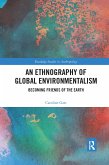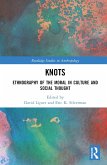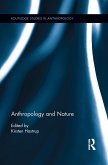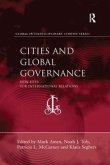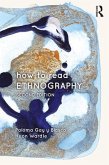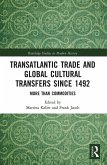Based on nine years of research, this is the first book to offer an in-depth ethnographic study of a transnational environmentalist federation and of activists themselves. The book presents an account of the daily life and the ethical strivings of environmental activist members of Friends of the Earth International (FoEI), exploring how a transnational federation is constituted and maintained, and how different people strive to work together in their hope of contributing to the creation of "a better future for the globe." In the context of FoEI, a great diversity of environmentalisms from around the world are negotiated, discussed and evolve in relation to the experiences of the different cultures, ecosystems and human situations that the activists bring with them to the federation. Key to the global scope of this project is the analysis of FoEI experiments in models for intercultural and inclusive decision-making. The provisional results of FoEI's ongoing experiments in thisarea offer a glimpse of how different notions of the environment, and being an environmentalist, can come to work together without subsuming alterity.
"In this meticulously written book, crafted from nine years of ethnographic work, Caroline Gatt provides a highly original account of an activist NGO that not only tells us about what its members and supporters believe and do, but also how their actions, decisions and priorities are embedded in wider practices, processes and imaginaries. This volume is an important and timely addition to the small but growing field of anthropological studies of activism and NGOs worlds, and should be read by activists and researchers alike."
- David Lewis, London School of Economics & Political Science
- David Lewis, London School of Economics & Political Science


